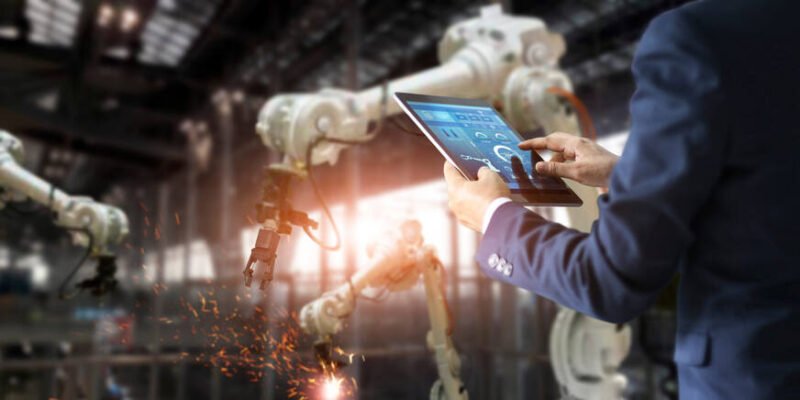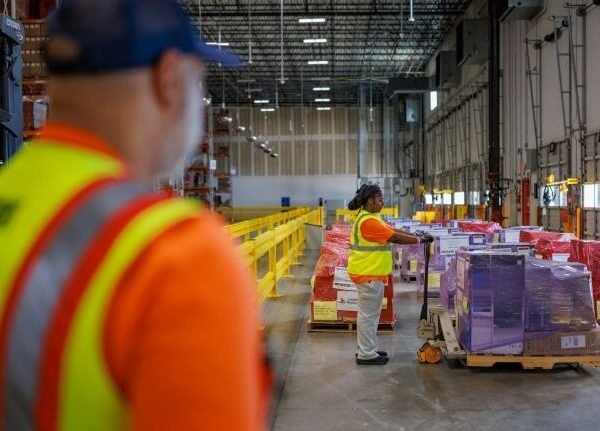Automation technologies have revolutionized modern manufacturing, enhancing efficiency, precision, and productivity. Integrating robotics, artificial intelligence (AI), and machine learning in manufacturing processes has streamlined production, improved quality, and reduced operational costs.
Enhancing Efficiency and Productivity
Automation reduces manual intervention, minimizing human error and speeding up production cycles. This leads to higher throughput and consistent product quality. Automated systems can operate continuously, significantly increasing productivity and enabling manufacturers to meet high demand.
Improving Quality and Precision
Advanced automation technologies ensure high precision and accuracy in manufacturing processes. For instance, incorporating automated systems in precision machining, like wire EDM, allows for intricate and precise cuts with minimal material waste. This technology is crucial in aerospace and medical devices, where precision is paramount.
Reducing Costs and Increasing Safety
Automation helps reduce labor costs by minimizing the need for manual labor in repetitive and hazardous tasks. This reduces expenses and enhances workplace safety by reducing the risk of accidents and injuries.
Applications Across Industries
The automotive industry uses automation for tasks ranging from assembly to painting, ensuring high consistency and efficiency. In electronics manufacturing, automation facilitates the precise assembly of complex circuit boards—the aerospace sector benefits from automation in producing critical components that require high precision and reliability.
Future Trends in Automation
The future of automation in manufacturing includes further integration of AI and machine learning to enhance predictive maintenance, optimize production schedules, and improve decision-making processes. The development of collaborative robots (cobots) that work alongside humans is also rising, providing flexibility and safety in manufacturing environments.
Environmental Benefits
Automation can contribute to more sustainable manufacturing practices by optimizing resource usage and reducing waste. Automated systems can monitor and adjust processes in real time to minimize energy consumption and material wastage, supporting environmentally friendly production methods.
Workforce Transformation and Skill Development
As automation becomes more prevalent, the manufacturing workforce is transforming. There is a growing need for skilled workers who can operate, maintain, and program automated systems. This shift necessitates ongoing training and education to equip workers with the necessary skills to thrive in an automated manufacturing environment.
Customization and Flexibility
Automation technologies enable manufacturers to offer greater customization and flexibility in their production processes. Automated systems can be quickly reprogrammed to produce different products or variations, allowing manufacturers to respond rapidly to changing market demands and customer preferences. This flexibility is precious in consumer electronics and fashion industries, where trends and technologies evolve quickly.
Data-Driven Decision Making
Automation systems generate vast amounts of data that can be analyzed to gain insights into production performance, efficiency, and quality. Manufacturers can use this data to make informed decisions, optimize processes, and identify areas for improvement. Leveraging data analytics in real-time enhances overall operational efficiency and supports continuous improvement initiatives.













